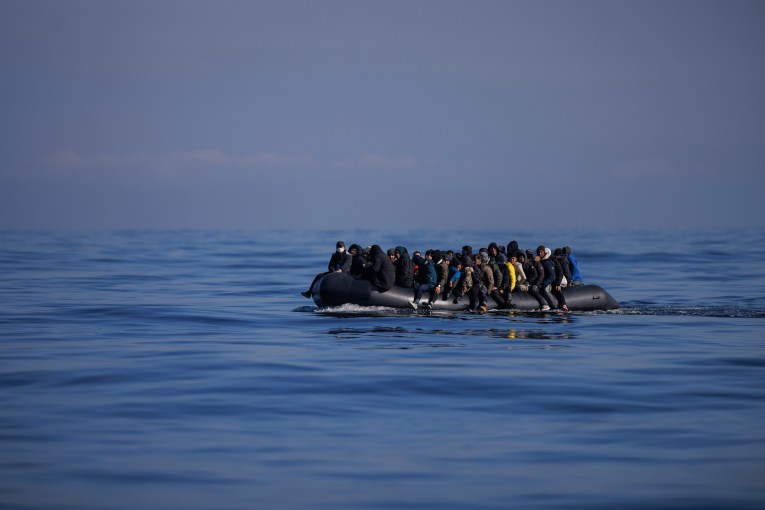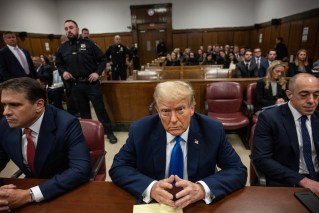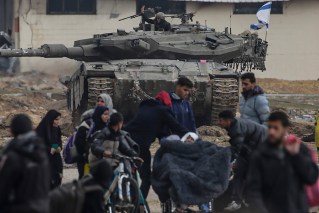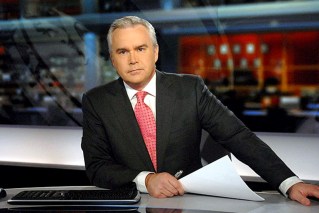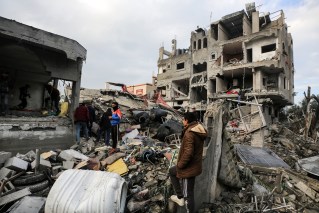Iran nuclear deal clinched
Iran has reached an agreement with world powers over its nuclear program, according to diplomats at talks in Geneva.
Details of the agreement have yet to be made public, but Iran said earlier on Saturday (local time) it would not accept any agreement that did not recognise what it describes as its “right to enrich uranium”.
However, that demand has been repeatedly rejected.
The draft deal that had been under discussion in Geneva would see Iran suspend its higher-grade uranium enrichment in exchange for the release of billions of dollars in Iranian funds frozen in foreign bank accounts, and renewed trade in precious metals, petrochemicals and aircraft parts.
The agreement between the Islamic state and the United States, France, Germany, Britain, China and Russia was nailed down after more than four days of negotiations.
Michael Mann is the spokesman for the chief negotiator, the European Union foreign policy chief Catherine Ashton.
A short time ago he sent a tweet announcing the agreement: #EU High Rep #Ashton: “We have reached agreement between E3+3 and Iran.”
Iran’s foreign minister, Mohammad Javad Zarif, also announced on his Twitter feed: “We have reached an agreement.”
Negotiators have been in talks for four days aimed at finding a package of confidence-building steps to ease decades of tensions and banish the spectre of a Middle East war over Tehran’s nuclear aspirations.
US secretary of state John Kerry and foreign ministers of the five other world powers joined the talks with Iran early on Saturday as the two sides appeared to be edging closer to a long-sought preliminary agreement.
The talks were aimed at finding a package of confidence-building steps to ease decades of tensions and banish the spectre of a Middle East war over Tehran’s nuclear aspirations.
The Western powers’ goal had been to cap Iran’s nuclear energy program, which has a history of evading UN inspections and investigations, to remove any risk of Tehran covertly refining uranium to a level suitable for bombs.
Tehran denies it would ever “weaponise” enrichment.
Refined uranium can be used to fuel nuclear power plants – Iran’s stated goal – but also provide the fissile core of an atomic bomb if refined much further.
Diplomacy was stepped up after the landslide election of Hassan Rouhani, a relative moderate, as Iranian president in June, replacing bellicose nationalist Mahmoud Ahmadinejad.
Mr Rouhani aims to mend fences with big powers and get sanctions lifted.
He obtained crucial public backing from supreme leader Ayatollah Ali Khamenei, keeping powerful hardline critics at bay.
